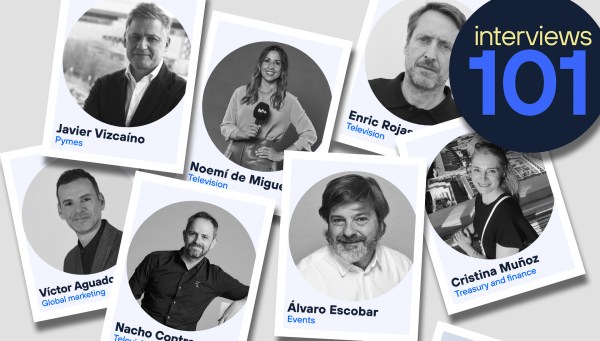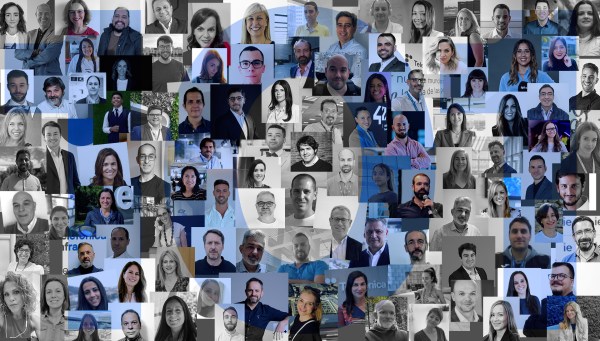Tell us a little about yourself. What does your job at Telefónica involve?
Hi, I’ve been at Telefónica for over 10 years, always working in marketing, acting as a link between technology, business and innovation. I currently head up the Video Marketing, Big Data and Artificial Intelligence department in the B2B segment. My day-to-day work involves translating complex technological capabilities into clear value propositions for our customers, driving the adoption of solutions such as Computer Vision, Hyperautomation, AI and professional video services. And, of course, supporting a brilliant team that makes all this possible.
What is the relationship between B2B marketing and technological innovation?
I believe the relationship is very close and increasingly strategic. B2B marketing is no longer just about communicating or generating products from our ‘trench’, but about anticipating needs, co-creating solutions with customers and positioning innovation as a competitive advantage. In an environment where technology is advancing at breakneck speed, marketing becomes the bridge between what is possible and what really makes an impact.
How can new technologies solve real challenges?
The key is to apply them with purpose. Technology alone is not the solution, but when combined with a good understanding of the business and the customer, it can solve everything from operational problems to strategic challenges. In our case, for example, we use Computer Vision to improve safety in industrial environments and AI to optimise logistics processes. The important thing is to start with the challenge, not the technology.
And generate value?
It is clear that technology does not generate value on its own; it does so when it is well integrated into customer processes and aligned with their objectives. It is not just about efficiency or savings, but about enabling new ways of operating, making smarter decisions and delivering better experiences. Value also lies in scalability: a well-designed solution can multiply its impact across the entire organisation.
What steps should be taken to transform ideas into solutions that meet real needs?
In summary, I would say:
- Listen to the customer, understanding their business challenges, not just what they are asking for.
- Validate that understanding through prototypes generated in an agile way.
- Measure the impact by defining KPIs together from the outset.
- Iterate and scale, continuously adjusting those prototypes.
- Change management and training: technology works when people understand and adopt it.
How are services such as video, drones and AI evolving with advances in new technologies?
They are evolving exponentially. Video has gone from being a communication channel to a source of data thanks to analytics and artificial vision. Drones no longer just capture images, they generate real-time insights. And AI is moving from experimental to core in many processes. The exciting thing is that we are still only at the beginning.
Which people working at Telefónica would you nominate for this interview because you consider them excellent at their job?
I nominate Belén Espejo.







